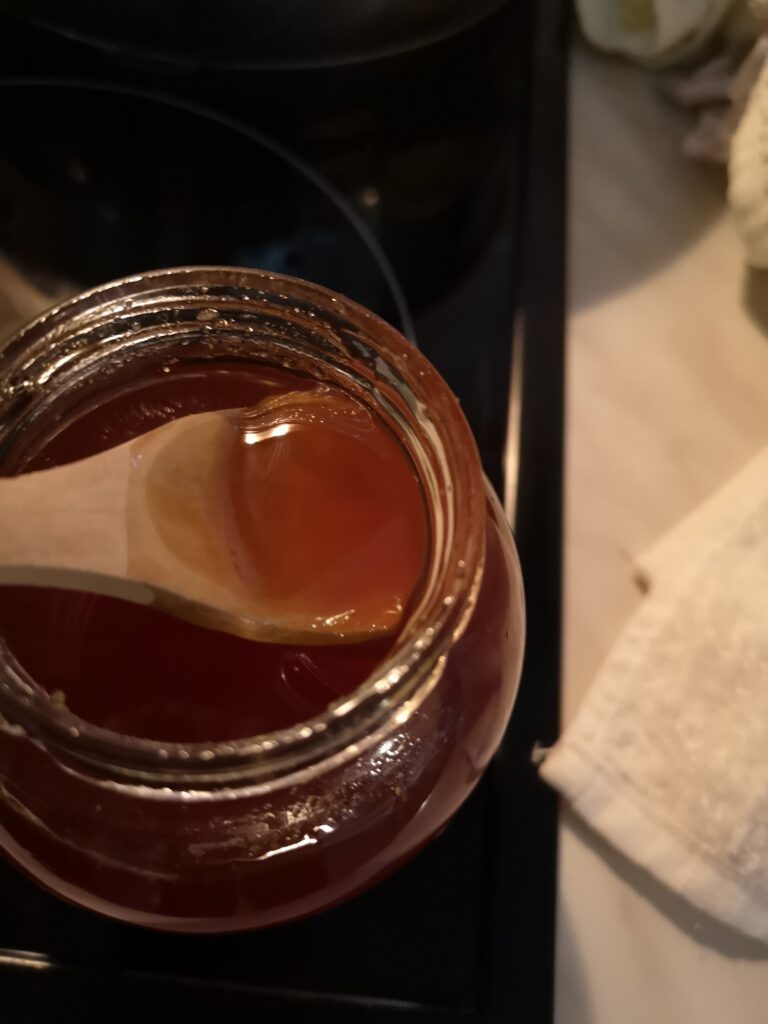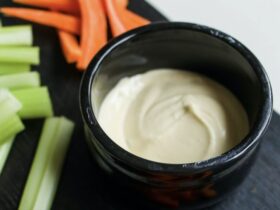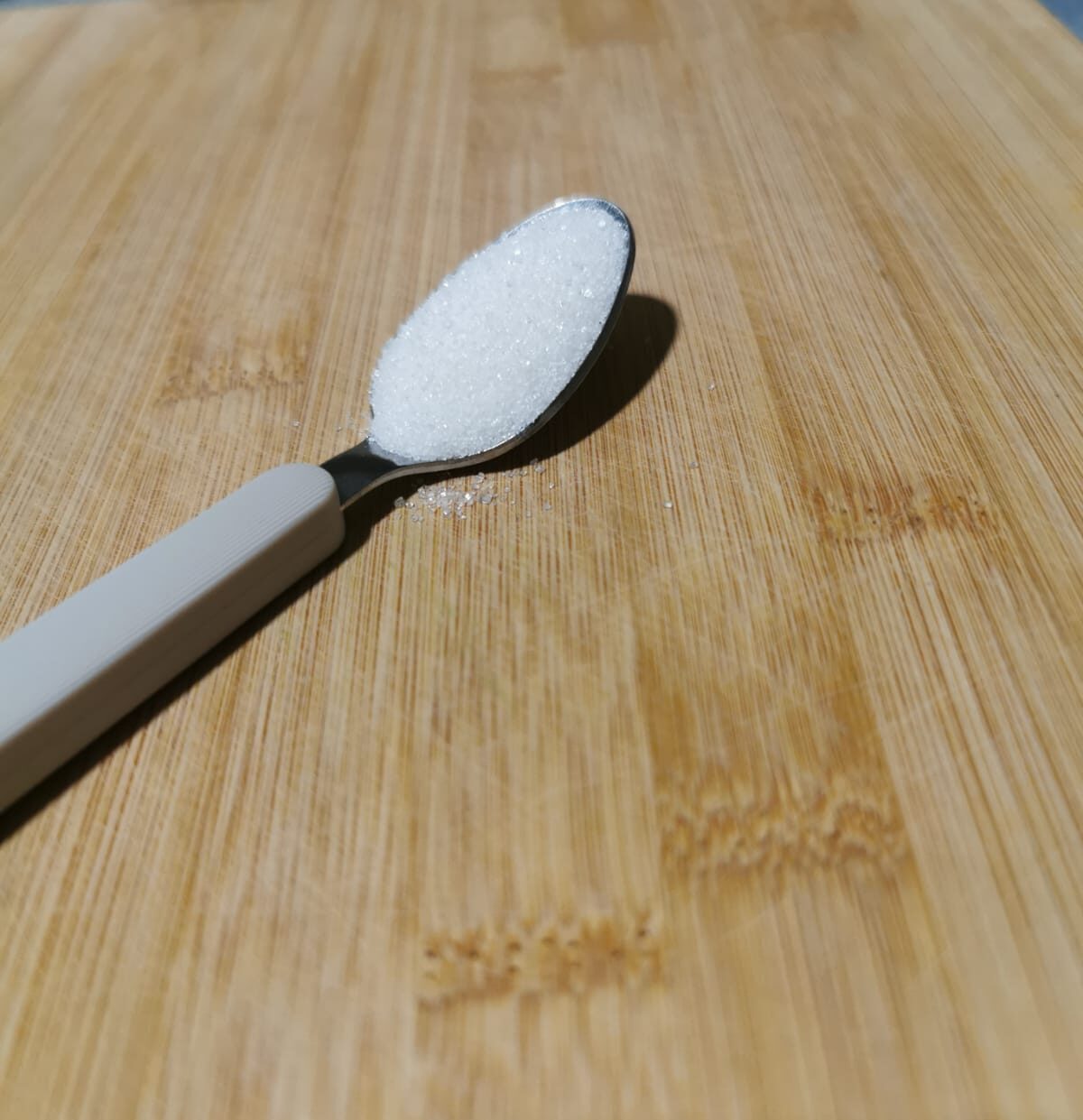Sugar is a staple in many food and drink products and it can be easy to consume too much of it without realizing it. While a small amount of sugar can be a nice treat, consuming excess sugar can contribute to various health issues. One of the most common questions people have when trying to monitor their sugar intake is, “how many calories are in a teaspoon of sugar?” A teaspoon of granulated, white sugar, contains approximately 16 calories. However, it’s important to keep in mind that the amount of sugar in a teaspoon can vary depending on the type of sugar, and how densely the sugar is packed into the spoon.
In this article, we will discuss the caloric content of sugar and the impact of consuming excess sugar has on our health. We’ll also explore alternative sweeteners, which can be used as healthier options to sugar.
What is a Teaspoon of Sugar?
A teaspoon of sugar is a unit of measurement for sugar. The volume of a standard teaspoon is approximately 4 grams.
When measuring sugar for recipes, a teaspoon is commonly used when small quantities of sugar are required. The teaspoon measurement is also commonly used in nutrition labels to indicate the amount of sugar in certain food products.
Keep in mind that a teaspoon of sugar is a relatively small quantity. But even if it might not seem like much, consuming several teaspoons of sugar per day can lead to various health problems.
How Many Calories are in a Teaspoon of Sugar?
As mentioned previously, the number of calories in a teaspoon of sugar can vary depending on the type of sugar and how densely it’s packed, but a teaspoon of granulated white sugar contains approximately 16 calories.
However, it’s important to keep in mind that a teaspoon is a very small measurement. Most people use more than a teaspoon of sugar when they sweeten their food or drinks everyday.
The American Heart Association recommends that women consume no more than 25 grams, and men consume no more than 36 grams of added sugar per day. This breaks down to less 6 and 9 teaspoons per day, respectively. Consuming more than this recommended amount can put people at risk for health problems linked to excessive sugar intake.
Potential Health Risks of Eating Too Much Sugar

Consuming too much sugar can have a number of negative effects on one’s health. Overconsumption of sugar can lead to weight gain, which consequently leads to obesity and associated conditions such as type 2 diabetes, high blood pressure, and heart disease. As heart disease is the number one cause of death in the United States, this should not be taken lightly.
A diet that is high in sugar can also lead to poor nutrition, as it can displace healthier foods that provide essential vitamins and minerals from a person’s diet. When you replace nutrient dense foods such as fruit and vegetables, with calorie dense foods such as foods with high sugar content, risks to your health can be greatly exacerbated. To minimize health risks, monitor your sugar intake. One way to achieve this is to opt for healthier, alternative sweetening products whenever possible.
Exploring Healthier Sweetening Alternatives

When it comes to substituting for sugar, there are many options available. Below is a quick comparison between a teaspoon of granulated white sugar and a teaspoon of some alternative sweeteners:
- A teaspoon of granulated white sugar contains around 16 calories.
- A teaspoon of honey contains around 21 calories.
- A teaspoon of maple syrup contains around 17 calories.
- A teaspoon of agave nectar contains around 20 calories.
- A teaspoon of stevia-based sweetener contains around 0 calories.
- A teaspoon of erythritol contains around 0.06 calories.
- A teaspoon of monk fruit extract contains around 0 calories.
It’s worth noting here that honey, maple syrup, and agave nectar are natural sweeteners and they do retain substantially more nutritional value when compared to white sugar. They also have a lower glycemic index, which means that they do not spike the blood sugar levels as much as traditional sugar does. However, it is important to keep in mind that these natural sweeteners are still high in calories and sugar, which still makes them problematic for people who want to reduce their overall sugar intake.
Final Words
In conclusion, understanding how much sugar you’re consuming is important for maintaining a healthy diet and avoiding potential health risks. It’s also important to consider the total amount of sugar you’re consuming on a daily basis. Consuming excess sugar can lead to weight gain and an increased risk of chronic health conditions such as diabetes and heart disease. Monitoring your sugar intake and choosing alternative sweeteners when possible can help you maintain a healthy diet and reduce your risk of health issues related to excess sugar consumption.
As always, thanks for reading and be sure to keep your kitchen Hot and Salty!










